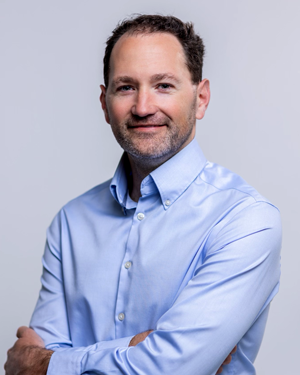
PadSplit, co-founded by Atticus LeBlanc, was founded in 2017 to leverage housing as a vehicle for financial independence for low-income workers. PadSplit entered the 2018 Tech Stars incubator (the primary funder is Cox Enterprises), which catalyzed the progress and access to capital.
A primary challenge to the PadSplit model is the various local zoning codes that limit the number of unrelated persons who can occupy a structure.
By example, Cobb County limits this number to 2 unrelated persons. DeKalb County, the limit is 3 unrelated persons. Atlanta allows an unlimited number of “domestic servants.”
The court ruling of the treatment of a corporation as “a person” allows PadSplit to be the corporation (the person) and the residents as “members” of the group. This technically gets around all of the local limits as the law is written today.
PadSplit vets the tenants and the host has the right of refusal. Once a match is made and a tenant moves in, there is a feedback loop that allows residents to rate owners and owners to rate residents.
Ultimately, the “marketplace” is made up of individual investors (not institutional investors). Currently, PadSplit has 360 hosts, each with 1 to 4 units, but no institutional investors. The average portfolio size is 21 bedrooms.
Life stories demonstrate the real impact (possible). Atticus gave a couple of example stories.
Target homes are valued at less than or equal to $50,000. back in 2008, during the housing crisis, inside I-285 there were more than 1,200 homes that fit that description. obviously, today that is not the case.
Currently, PadSplit has 8,200 bedrooms across the country, located in 14 major cities so far. The average rent for a bedroom is $729 a month. There is a $19 application fee and a $100 move-in fee.
Hosts control pricing which is usually set at 60 to 70% of HUD’s fair market rent. That’s the level which PadSplit recommends to their hosts.
PadSplit has around 4,700 bedrooms in the Metro Atlanta area. These homes produce an annual $32,000 in income, on average.
All utilities are included in the rent. PadSplit also reports on-time payments to credit agencies which can result in a higher FICO score.
The average stay is 9 months, with a minimum one-month stay initially and then payments made weekly after that.
Ultimately, PadSplit provides three services:
- lead generation and move-ins
- payments processing and collections
- resident and roommate management (which relies on the ratings between residents and hosts as mentioned before)
PadSplit Makes money by taking a portion of every dollar collected. It’s currently 12%, but they’re trying to find ways to lower that.
It’s up to the host to decide about pets. since HUD changed its service animal regulations, almost any animal can now be certified as an emotional support animal.
When asked how we could be of help, Atticus suggested we encourage Ted Terry to work toward changing the HUD definition of “family” to simply be a group of people who want to live together. That would solve a lot of frustration and drama.
It seems it’s easier to convert versus create new affordable housing, so eliminating barriers to those conversions would be very helpful. Also, just enabling more supply in general, but no good suggestions on where the funds needed for that would be generated.
